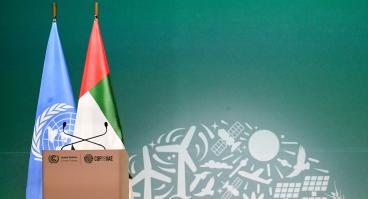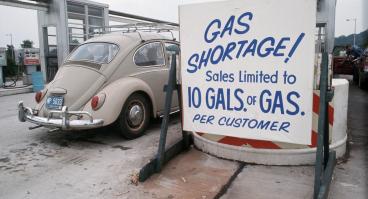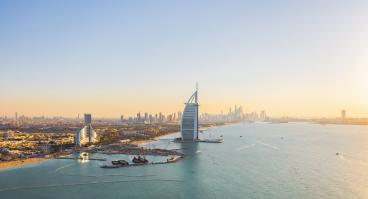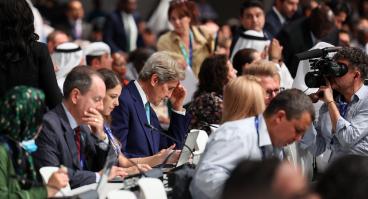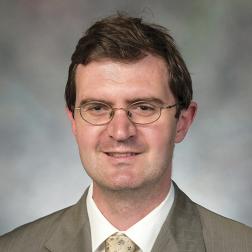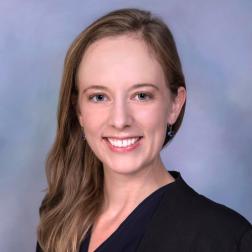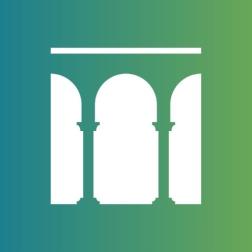The Political Economy of the Arab Gulf Program studies the link between economic reform and the wider operation of social and political systems in the Arab Gulf States, assessing the short- and long-term implications for regional politics, security and U.S. interests in the Middle East more broadly.
The rise of the Gulf Cooperation Council (GCC) states as partners of influence in the Middle East injects new policymaking considerations into how regional and international organizations can best engage with each other and Middle East states at a time of profound political and economic change. The changing architecture of world politics means that power and influence are dispersed among a greater number of active participants than ever before. This has been evident in the post-Arab Spring landscape across much of the Middle East and North Africa as GCC states engaged assertively to influence the pace and direction of change in transition states after 2011.
Baker Institute fellow Kristian Coates Ulrichsen, Ph.D., addresses political-economic transitions in the Gulf and wider region, and the range of choices that face decision-makers. At a time of evolving foreign policy interests and fluctuating relationships with the U.S. and other international partners, the program maps the changing inter- and intra-regional dynamics and engages with practitioners and scholars to generate practical policy recommendations.


